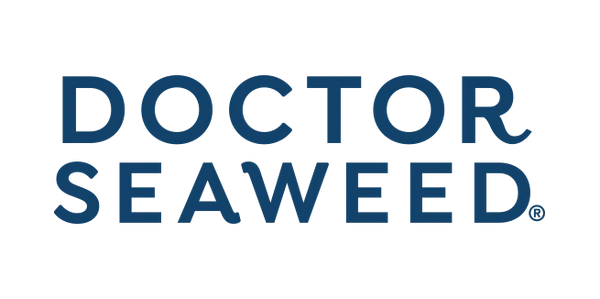Eating vegan this January? Make sure you don’t miss out on key nutrients
January is a time when many of us make the effort to be that little bit healthier, and as we continue to cope with the COVID-19 pandemic, looking after your wellbeing has never been more important.
The desire to support our health in January is what makes initiatives like Veganuary so popular. Since 2014, Veganuary has inspired and supported more than one million people in 192 countries to go vegan for January.[1]
But what are the benefits of going vegan, and how do you successfully cut out animal produce without leaving gaps in your diet?
Why go vegan?

More and more of us are choosing to follow a vegan diet, whether just for a month or as a permanent lifestyle change. According to The Vegan Society, the number of vegans in the UK quadrupled between 2006 and 2018, and numbers continue to rise.
One of the reasons for this is environmental. The Food and Agriculture Organisation of the United Nations predicts that by 2050 global meat production will have almost doubled, and this will contribute to global warming, widespread pollution and deforestation.[2]
But people also go vegan as part of a desire to improve health and wellbeing. A study of over 48,000 people by the University of Oxford found that people who follow a vegan diet have a significantly reduced risk of heart disease.[3] As such, research has also linked vegan diets to lower blood pressure and cholesterol, and a reduced risk of type 2 diabetes.[4]
Factors to consider
While there are many benefits involved in making the switch to a vegan diet, it isn’t a decision to be taken lightly. There are various factors you will need to consider in order to make sure you don’t end up missing out on key nutrients, vitamins and minerals which are primarily gained through animal sources. Nutrients like iodine.
In a study conducted by the German Federal Institute for Risk Assessment (BfR), researchers explored the differences between individuals with vegan and mixed diets. The results found that while many vitamins are well supported in vegan diets, others are harder to consume in sufficient quantities Among the most important of these is iodine.[5]
In fact, researchers noted that “both diets investigated revealed a lack of iodine” but that “the shortage is clearly more distinct in the vegan variant.”
This comes as no surprise, as the UK suffers from significant iodine deficiency. When we do get iodine in our diet, it tends to come from seafood and dairy. Researchers found that a third of vegan participants in the study has iodine levels of less than 20 micrograms per litre; the limit defined by the World Health Organisation[6]. Anything below this is considered a dangerous deficiency.
Seaweed is the only good vegan source of iodine
Iodine is a vital and often overlooked nutrient, that plays a significant role in everything from normal energy yielding metabolism to thyroid health, skin maintenance and health growth in children. As regular readers of this blog will know, seaweed is the only significant vegan source of iodine, and should therefore be a staple in your diet if you’ve decided to give veganism a try this January.
Seaweed is the food group that contains the naturally highest levels of iodine, boasting more of the nutrient, gram for gram, than any other food group.
Just one 500mg Doctor Seaweed’s Weed & Wonderful seaweed supplement contains as much iodine as three whole mackerel[7], making it easy for you to achieve your recommended daily intake even without seafood or dairy in your diet.
Discover the full range of Weed & Wonderful™ products on our site today


